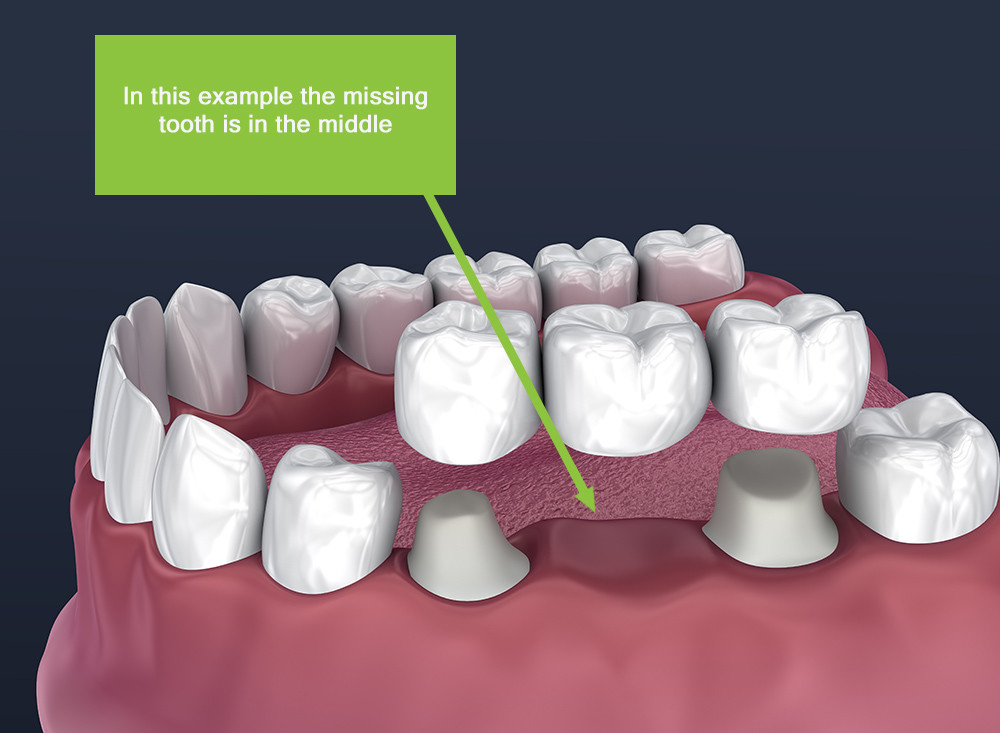Most people schedule appointments with the dentist for routine checkups and teeth whitening in Brampton and Caledon. Suppose in one of the visits, your family dentist or children’s dentist tells you that you are suffering from gum disease. What will you do?
Gum disease is an inflammation of the gum tissue. It has an impact on your teeth and the bones supporting the teeth in your mouth. Gum disease is developed by acids, plaque bacteria, and certain foods.
Before you panic about the situation and start thinking that you’ll have to go through extensive and expensive treatments, read this blog. At Mayfield Dental, there are two common patient procedures we use to reverse gum disease, teeth scaling and root planning.
When a dentist in Brampton notices that you have developed gum disease, he or she will tell you to get your teeth scaled.
What is Teeth Scaling?
The procedure of teeth scaling is mostly performed in combination with root planning. Both these procedures are commonly understood as deep cleaning. Teeth scaling and root planning help with the treatment of chronic periodontal disease. Periodontal disease it is a medical term for gum and bone disease. The procedures are much more than regular dental cleaning.
Teeth scaling and root planning require you to visit the dental clinic more than once. Depending on the degree of the disease and if you have any receding gums, the dentist may decide to give you local anesthesia. Generally, you need only a few days to recover from the outpatient procedure. However, for certain patients, the time frame can be longer.
The Need for Teeth Scaling
If a dentist notices signs of chronic periodontal disease in your mouth, he or she will suggest you go through teeth scaling and root planning. These procedures ensure that your mouth remains healthy and the harmful effects of the condition are restricted.
What Causes Chronic Periodontal Disease?
An individual suffers from chronic periodontal disease or gum disease when bacteria in plaque forces the gums to pull away from the teeth. As a result, there are large pockets between your gums and teeth, leading to the growth of bacteria that you will not be able to reach with regular teeth brushing at home.
Some of the causes for the development of this condition include:
- aging
- family history
- hormonal changes
- insufficient nutrition
- improper dental hygiene
- smoking
- other medical conditions
If you don’t treat gum disease on time, it can result in:
- loose teeth
- bone and tissue loss
- tooth loss
- moving teeth
To avoid such a scenario and continually maintain a healthy mouth, dentists recommend that you floss regularly. Flossing enables you to reach spots that toothbrushes aren’t able to.
While large pockets between your teeth and gums are the main symptom of this condition, there are some others, such as:
- shifting permanent teeth
- bleeding gums
- a change in your bite
- bad breath
- tender gums
- inflammation or redness in the gums
The Process of Teeth Scaling
Teeth scaling and root planning are performed at any Mayfield Dental clinic in Brampton and Caledon. Just like dental implant surgery, it is an outpatient procedure. Depending on the severity of the condition, you can require more than one appointment.
The dentist will decide whether you need local anesthesia for reducing the discomfort of the procedure. Talk to your dentist if you are worried about the pain.
The procedure begins with teeth scaling. Here, the dentist will remove the plaque from your teeth. He or she will also clear plaque that may have accumulated in the deep pockets between your gums and teeth.
As the next steps, the dentist will perform root planning. With the help of a scaling tool, the professional will smoothen the tooth roots. This smoothing allows your gums to attach themselves again to the teeth.
In certain cases, the dentist can suggest additional treatment. This will depend on the condition and overall health of your gums and teeth. Some kids’ dentists use antimicrobial agents in the mouth since it fastens healing. The doctor can also suggest you take oral antibiotics for a few days.
Some patients can develop an infection after the procedure. To avoid or lessen the risks of infection, dentists can perform host modulation. This process requires administering additional medication into the gums. It also helps to treat the damage of long-term periodontitis.
A dentist will use traditional tools like a curette and a scaler to perform the procedure. However, teeth scaling can also be performed using ultrasonic devices and lasers.
How is Teeth Scaling Beneficial?
Teeth scaling and root planning are the most preferable and result-driven treatments for gum disease or chronic periodontal disease. After the completion of the procedure, there is an improvement in the size of the large pockets between your teeth and gums by an average of 0.5 millimeters.
When the gap between your teeth and gums reduces by tooth scaling and root planning, the chances of you experiencing bone, tissue, and tooth loss will lessen.
The Risks
Teeth scaling isn’t associated with any risks. Some patients experience an infection after the procedure. In such cases, the dentist can prescribe particular mouthwash or antibiotic for several days or a few weeks.
If your pain increases to a level that you cannot bear, immediately get in touch with your dentist. Also, if you have a fever or the area isn’t healing as it should, you must consult your dentist.
After the procedure, you can feel sensitivity and pain for a few days. There are also chances of tenderness. Mostly, the side effects reduce within a few weeks.
Post-Procedure Care
You will require a follow-up appointment with the dentist to ensure that the procedure has delivered the results and you do not have any complications like infection. Furthermore, you can require another procedure if the size of the pockets didn’t reduce.
After teeth scaling and root planning is completed, you can resume oral care procedures. These include brushing twice a day and flossing regularly. It is also essential that you eat a healthy, balanced diet and visit your dentist for frequent cleanings so that the condition does not return.
The dentist can also put you on a periodontal maintenance cleaning schedule. This schedule requires you to return for regular cleanings every quarter instead of the standard frequency of once in six months.
Final Thoughts
The two most common procedures for correcting gum disease or chronic periodontal disease are teeth scaling and root planning. if you live in Brampton or Caledon area and you want to speak to one of our family dentists for Teeth Scaling or Root Planning, please contact our team. We have options to help you. Call us at 905.840.0225 to book a free consultation or visit our website to book your appointment. We are open 6 days a week, Monday to Saturday.




